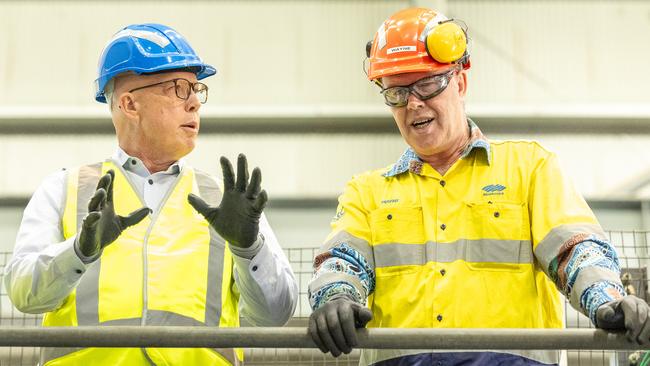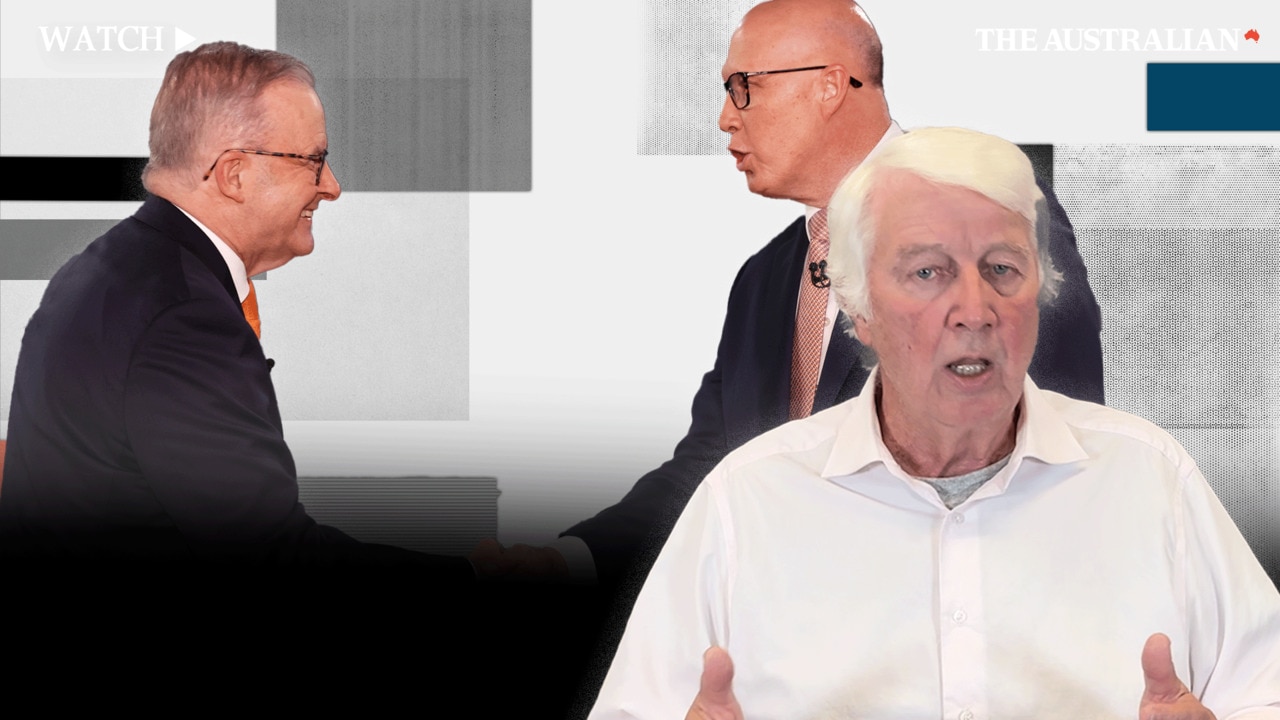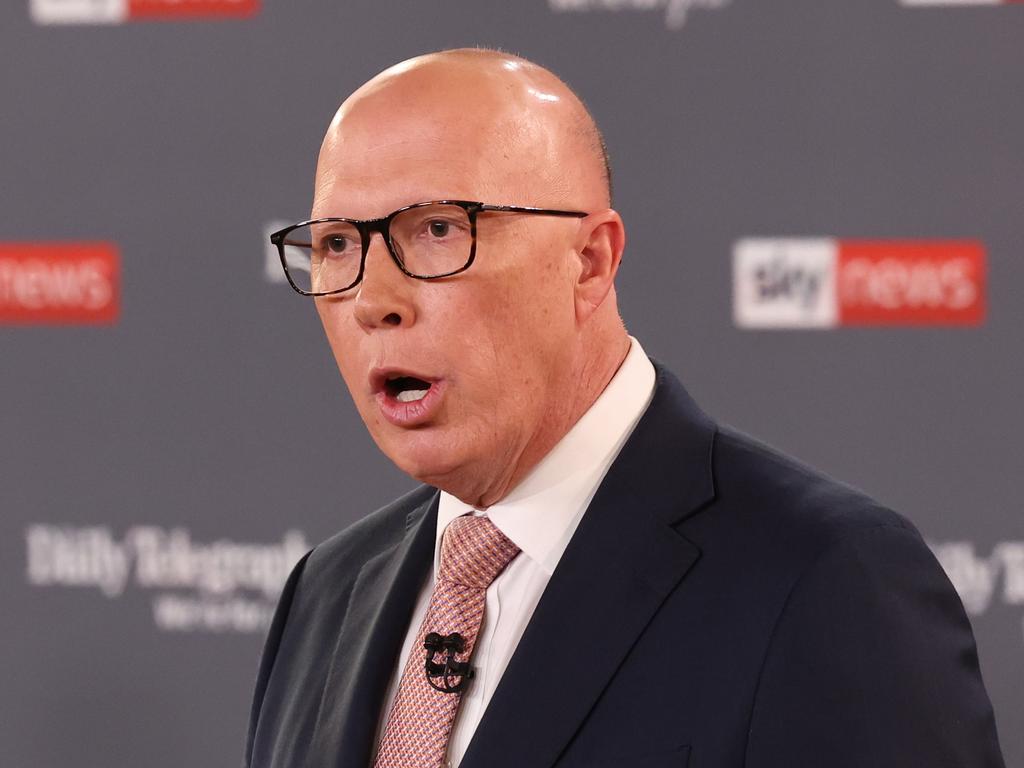
The move to quarantine future mining revenue windfalls under the protection of the Future Fund is a direct challenge to Labor’s spending addiction.
It virtually legislates budget repair under a Coalition government.
This is a clever political move and a problem for Anthony Albanese. The question will be whether he is prepared to demonstrate the same commitment to fiscal responsibility and match it.
A key plank of any Coalition economic agenda had to contain a fiscal strategy. Until today, many were wondering if there was one at all.
But Peter Dutton is now signalling his intent and what responsible budget management will look like under a Coalition government, if elected.
This is a first instalment and a creative way to put integrity into the budget process and guardrails around the temptation of governments to spend windfalls.
Using the umbrella of the Future Fund gives it a degree of credibility beyond governments merely paying lip service to debt reduction. This is a unique approach from Dutton and his shadow treasurer Angus Taylor.
Funds such as these would usually be reserved for good times when budgets are running surpluses and the government of the day has run out of things to spend windfalls on.
Doing it now, under these conditions, signals not only how serious Dutton believes the issue is but how serious he is about getting Australia’s own house in order in the face of the Trump cataclysm.
Chalmers might be tempted to argue that with commodity prices coming off, the windfalls are evaporating.
But there has rarely been a year when governments haven’t expressed faux surprise when the revenue numbers exceed the forecasts.
Treasury’s forecasts have traditionally been conservative, and even more so since the former Coalition finance minister Mathias Cormann.

To argue against this approach on this basis would undermine Labor’s own budget forecasts.
Dutton demonstrated in Tuesday night’s debate that he has started to find his line and length on the economic narrative.
He is now trying to steer the election contest back onto what he feels is safe ground for the Coalition.
The strategy is twofold. The first mission is to remind households just how much their living standards have collapsed over the past three years and convince them that Labor’s economic management is the cause.
This alone was never going to be enough. Even among those who accept the argument that Labor was adding to the problems through its spending, there was a need to demonstrate what Dutton’s plan was to reverse it.
The argument that the antidote was simply a case of promising not to do what the Albanese government did is insufficient.
And at the core of any economic plan for the Coalition was a fiscal strategy that was achievable and believable.
Dutton has now started to reveal what that strategy might look like.






